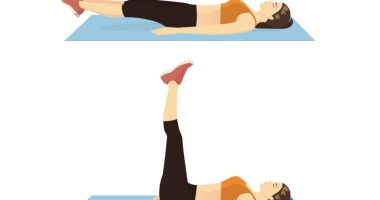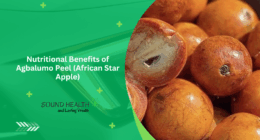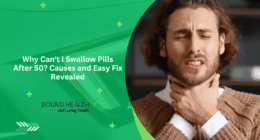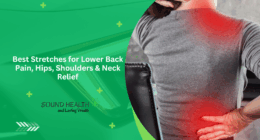Dental injuries can occur unexpectedly, impacting not only your oral health but also your overall well-being. With millions of teeth knocked out each year, understanding the types of dental injuries, their treatment, and prevention strategies is crucial. This guide will explore knocked-out adult and baby teeth, chipped or cracked teeth, and how to prevent these injuries effectively.
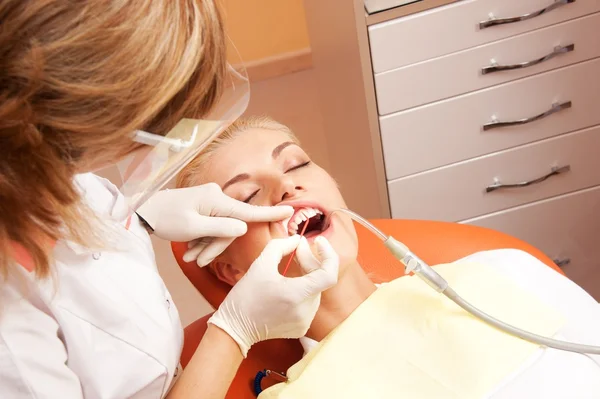
Knocked-Out Adult (Permanent) Teeth
When an adult tooth is knocked out, immediate action is vital. According to recent studies, around 5 million teeth are avulsed annually, primarily from sports injuries and accidents. The survival rate of a knocked-out tooth significantly decreases with time; ideally, it should be replanted within 30 minutes for the best chance of success. Here’s what to do:
- Handle with Care: Always pick up the tooth by the crown (the chewing surface) and avoid touching the root to prevent damage to the root cells.
- Rinse Gently: If dirty, rinse the tooth briefly in milk or saline solution. Avoid using water or any chemicals.
- Reposition if Possible: If you can, place the tooth back into its socket gently. If not, keep it moist by storing it in a cup of milk or saliva until you can see a dentist.
- Seek Immediate Help: Visit a dentist or endodontist as soon as possible; ideally within 30 minutes of the injury.
Knocked-Out Baby Teeth
In contrast to adult teeth, if a baby tooth is knocked out, it should not be replanted. Attempting to do so can damage the underlying permanent tooth. Instead, consult a pediatric dentist to assess any potential damage and ensure proper care for your child’s oral health.
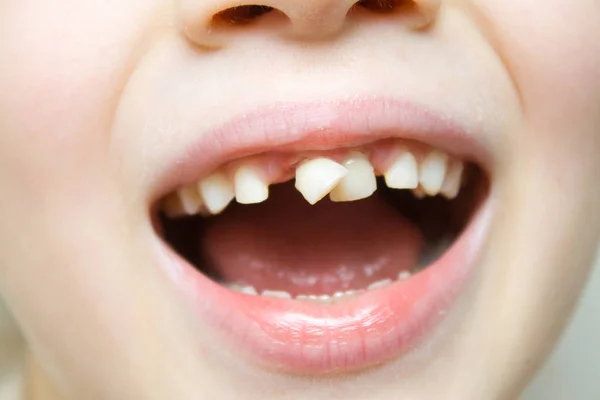
Chipped or Cracked Teeth
Chipped or cracked teeth are common dental injuries that may not always be painful but require professional evaluation. The consequences of ignoring these injuries can lead to more severe issues such as infections or further structural damage.
- Types of Damage: Chips can range from minor surface fractures to significant cracks that expose the tooth’s pulp. If the pulp is affected, root canal treatment may be necessary.
- Immediate Steps: If you chip or crack a tooth:
- Gather any broken pieces.
- Rinse your mouth with warm water.
- Apply a cold compress to reduce swelling.
- Visit your dentist promptly for evaluation and treatment options.
- Treatment Options: Depending on the severity of the damage, treatments may include dental bonding for minor chips or crowns for more extensive fractures14.
Preventing Dental Injuries
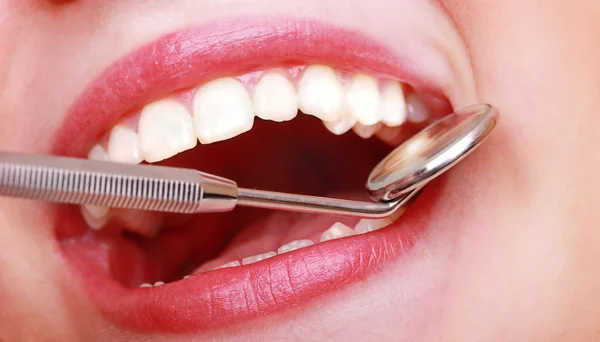
While not all dental injuries can be avoided, certain precautions can significantly reduce risks:
- Wear Protective Gear: Always use mouthguards during sports activities. Studies indicate that mouthguards can prevent up to 50% of dental injuries in contact sports.
- Avoid Hard Foods: Clear chewing on hard objects like ice or candy that can lead to chips and cracks.
- Maintain Oral Health: Regular dental check-ups can help identify potential issues before they result in injury. Additionally, managing habits like teeth grinding with a night guard can protect your teeth from undue stress.
- Educate Children: Teach children about safe play practices and the importance of wearing protective gear during sports.
Bottom Line!
Understanding how to manage dental injuries—whether it involves knocked-out teeth or chips and cracks—can significantly affect outcomes. Quick action and professional care are key to preserving your smile. By implementing preventive measures, you can safeguard your teeth against potential trauma and maintain better oral health overall. Remember that timely intervention is crucial for the best possible results when it comes to dental injuries.
Also Read | Secrets to Healthy Teeth: Preventing ‘Bad’ Teeth in Children




